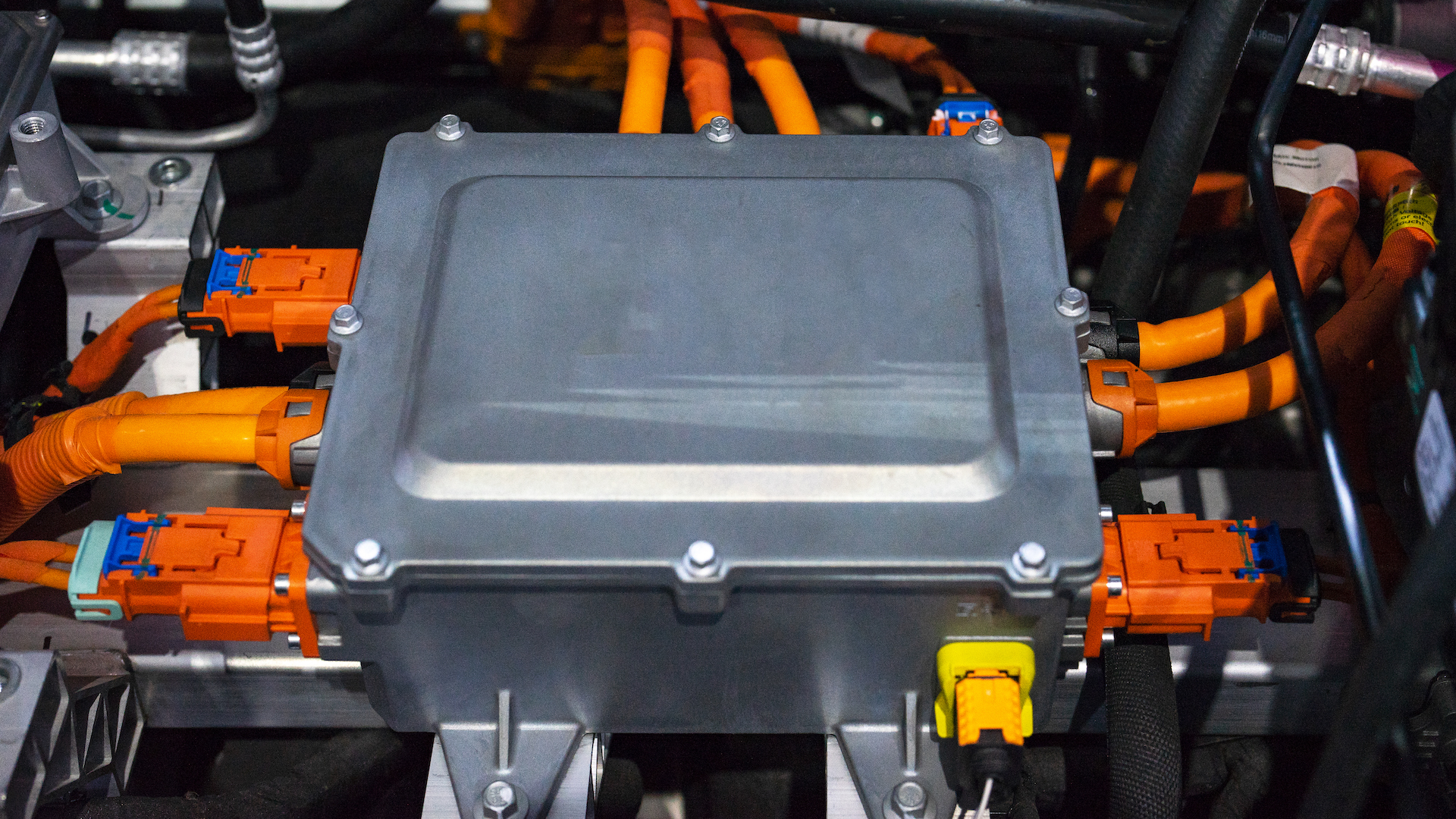
A new water-based battery design is safer and more energy-efficient than traditional lithium-ion batteries, Chinese researchers claim.
The water-battery has a lifetime of over 1,000 charge-discharge cycles, the team reported April 23 in the journal Nature Energy.
One of the most important properties of any battery is the energy density — how much energy the battery contains relative to its size or weight. Lithium-ion batteries have a particularly high energy density and are widely used in electric cars and portable devices. However, the liquid component, known as the electrolyte, typically contains organic chemicals which can catch fire or explode if the system overheats.
Related: How do electric batteries work, and what affects their properties?
In contrast, water-based batteries are much safer but generally have a lower energy density thanks to the narrow voltage window in which they operate. However, by hacking the chemistry taking place inside the water electrolyte, Li’s team have dramatically boosted both the energy density and the overall performance of aqueous batteries.
Electrolyte solutions are actually a mixture of many different chemicals, each controlling a different aspect of the battery's performance. Additives called mediators help move electrons across the solution by undergoing a series of supporting oxidation and reduction (redox) reactions.
For aqueous batteries, the most common mediator is iodine: through a sequence of individual redox reactions, this halogen element can transfer up to six electrons per cycle, converting iodide (I–) to iodate (IO3–). However, slow reaction rates and unwanted byproducts mean that this additive usually results in a low-energy-density battery.
To improve the efficiency of this mediating redox sequence (and therefore the overall energy density), Xianfeng Li from the Chinese Academy of Sciences, and colleagues developed a mixed halogen electrolyte, containing both I– and bromide (Br–) ions in an acidic solution. Introducing bromine, another halogen element capable of transferring electrons, provided a stepping stone for this difficult chemistry, increasing the reaction rate and suppressing the formation of nuisance byproducts.
Related: Future electric cars could go more than 600 miles on a single charge thanks to battery-boosting gel
Through detailed electrochemical and spectroscopic analyses, the team demonstrated that the bromide ions participated in the redox reactions alongside the iodide, forming a vital intermediate and boosting the speed and efficiency of the electron transfer sequence.
The researchers then began a series of experiments to evaluate the impact of this “hetero-halogen” electrolyte on the overall performance of several common battery types using different materials as the negative terminals (anodes).
The new electrolyte nearly doubled the energy density compared with standard lithium-ion batteries when used with cadmium anodes, which are typically found in high-energy portable devices such as power tools. . Meanwhile, vanadium systems, which are often attached to power plants and renewable energy generators for grid energy storage, demonstrated particularly long lifetimes, maintaining peak performance over more than 1,000 charge-discharge cycles.
In both cases, the team reported improved energy efficiencies and calculated that the aqueous hetero-halogen system would be cost-competitive compared with current lithium-ion technologies.
The team hopes that this substantial performance enhancement will lead to wider use of water-based batteries as a safer, high-energy-density alternative to existing systems.

.png?w=600)





